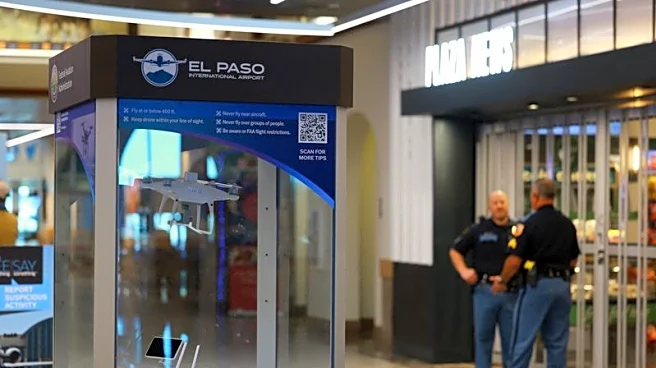What's Happening?
The U.S. peace plan for Gaza, supported by Israeli Prime Minister Benjamin Netanyahu, is under consideration by Hamas. The proposal requires Hamas to disarm in exchange for an end to hostilities, humanitarian aid, and reconstruction efforts in Gaza. However, the plan offers only a vague promise of potential Palestinian statehood in the future. The decision by Hamas is critical, as rejecting the plan could lead to increased Israeli military actions in the region. The peace plan aims to address the ongoing conflict and humanitarian crisis in Gaza, but its success depends on Hamas's acceptance.
Why It's Important?
The peace plan represents a significant diplomatic effort to resolve the long-standing conflict in Gaza. Its acceptance could lead to improved living conditions for Palestinians and a reduction in violence. However, the plan's vague promises of statehood may not satisfy all parties involved, potentially leading to further tensions. The outcome of this proposal could influence U.S.-Israel relations and impact regional stability in the Middle East. The international community is closely watching the situation, as it could set a precedent for future peace negotiations in the region.
What's Next?
Hamas's decision on the peace plan will be pivotal in determining the next steps. If accepted, the focus will shift to implementing the plan's provisions and ensuring compliance from all parties. If rejected, the U.S. and Israel may need to reassess their strategies and consider alternative approaches to achieving peace. The international community may also play a role in mediating and supporting the peace process. The situation remains fluid, with potential for both diplomatic breakthroughs and escalations in conflict.










